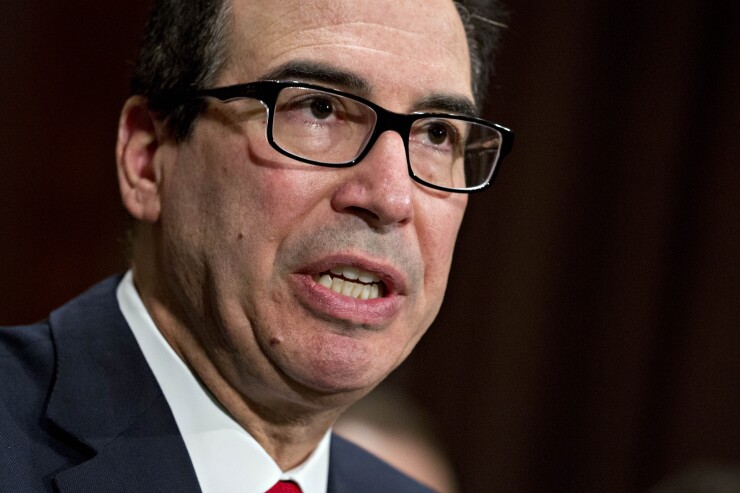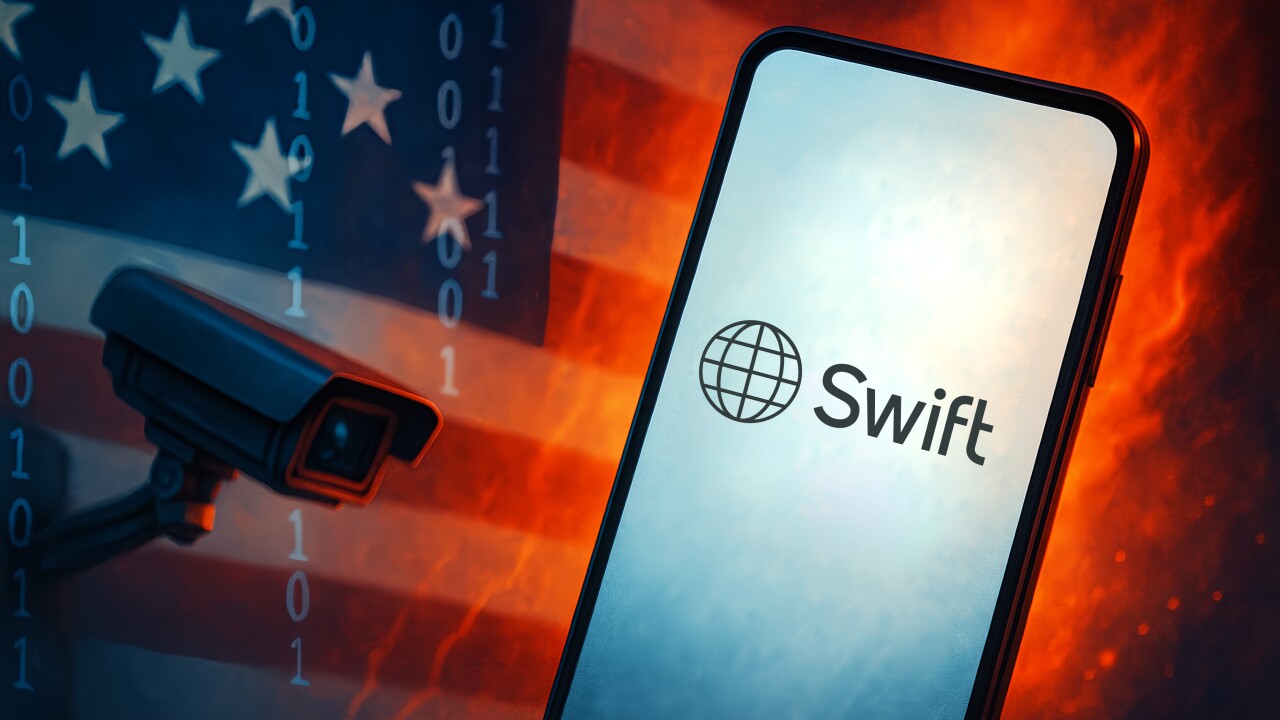WASHINGTON — The Financial Stability Oversight Council voted Wednesday to remove its designation of Zions Bank as a systemically important financial institution, or SIFI, making it the first bank to formally shed the designation at the council's discretion.
The council voted to grant an application by Zions Bank N.A. to no longer be considered a SIFI under section 117 of Dodd-Frank. When it was passed, the law mandated that any bank with more than $50 billion in assets is considered a SIFI and subject to enhanced prudential standards, including annual stress testing, the maintenance of living wills and additional capital and liquidity requirements.
“Zions engages in limited capital markets activities, presents minimal fire sale risks, uses a simple operational structure, and is subject to extensive regulation and supervision,” Treasury Secretary Steven Mnuchin, who also chairs the FSOC, said in a press release. “The Council determined that there is not a significant risk that Zions could pose a threat to U.S. financial stability, and I am pleased that the Council used its authority to promote regulatory efficiency.”

The $66 billion-asset Zions restructured itself
A restructured institution can apply to drop the designation under section 117 of the law, however, and in that circumstance the FSOC can vote to approve or deny the application. Zions, of Salt Lake City, is the first bank to apply under section 117 — and the first to be granted relief.
The victory is somewhat moot, however. President Trump signed a
Earlier this year, the Fed opted not to release the results of its annual
The council did not reach a decision on whether to de-designate insurance giant Prudential as the lone nonbank SIFI at its closed door meeting Wednesday. After the successful de-designations of GE Capital and American International Group — and a successful lawsuit by MetLife to have its SIFI designation overturned — Prudential remains the only nonbank subject to enhanced prudential standards.





